【新唐人2011年8月11日訊】「創新」,可以說是世界各國都在奮力追求的好事。但中國許多評論人士則認為,甚麼好事只要到了中國,就難免變得邪乎起來,甚至可以邪乎得厲害。中國的創新到底在多大程度上是自主的?為甚麼曾經有過四大發明的古國如今卻沒有一個享譽世界的品牌?
“中國自主創新的高速鐵路技術已經大大超過日本”;“中國高鐵安全性無可置疑,絕對不會發生列車追尾事故”......中共鐵道部官員,專家的這些豪言壯語言猶在耳,造成數百人傷亡的7•23溫州動車追尾事故發生了。
中共耗費巨資的這次創新,卻邪乎的令世界各國的鐵路專家,至今仍然感到迷惑不解。自動防止列車追尾事故的技術,在日本和歐洲已經非常成熟,以至於列車司機在列車上睡著了也不會發生追尾。但在中國卻發生了,而且事故還是源於中共押上政府面子的“國產”、“創新”的列控系統上。
中國現在的高速鐵路多是引進日本、德國和加拿大的技術,引進日本的技術尤其多,但在臺面上卻不提。日本《產經新聞》稱它是“盜版新幹線”。
各國媒體也普遍報導,中國的高速鐵路技術,很大一部分是來自中國以合作為名,盜竊的日本技術。《澳大利亞人報》日前引用日本高速鐵路研究設計專家的話說,“中國只是在早先的項目上進行了合作,然後,就盜竊了他們的技術,把他們排除在外。與此同時,中方尋找機會建立中國國內的高鐵龐大網絡,並試圖建立高鐵出口產業。”
日本《朝日新聞》7月5號報導,“川崎重工的總裁大橋忠晴聲稱,如果中國高鐵海外申請專利的內容,與中國和川崎重工關於新幹線技術出口的契約相牴觸,將不得不對中國提起訴訟”。
時事評論家伍凡:“中國實際上是沒有創新的,因為中國現在的社會制度,人們的思想狀態,尤其是政府帶頭,盜竊外國的資產,尤其是智慧資產。”
抱怨中國以合作為名盜竊技術的,不僅僅是日本,還有俄國。
俄羅斯的《真理報》記者謝爾蓋•阿爾馬索夫在2009年4月22號發表報導,題目是“中國無恥的盜竊俄羅斯噴氣戰鬥機技術。”
時事評論家橫河:“這個山寨行為仿造行為呢,是一種政府行為。一直到現在,中國的『殲』系列基本上,除了一個型號之外,基本上都是仿造現在俄國這個系統。即使是中國現在完全自己設計的,但它的發動機還是要用俄國的,它發動機還是過不了關。”
面對外國公司和媒體質問,中國究竟有多少自己的自主創新,不由令人反思,這個曾經以四大發明傲稱世界的古國,如今為甚麼連一個叫的響的國際品牌也沒有?
時事評論家橫河:“這就跟中國發展模式有關係。中共在這近三十年來,它的發展模式實際上就是要GDP,就是要把這個速度加上去,它並沒有一個長遠的,或者是按照經濟規律的,一個全套的工業系統。這就是為甚麼中國到了現在,它的經濟總量已經成為世界第二了,它仍然沒有一個能夠拿到世界上去的品牌。”
另外,橫河表示,大量購買國外技術,官員可以從中撈取回扣等油水,這也是造成自主創新無法發展的原因之一。
美國「馬里蘭州立大學」戰略和創業教授阿尼爾•古普塔,和中國印度研究所幹事合夥人王海燕(譯音)7月28號在《華爾街日報》發表的一篇文章指出,中國用於研究和開發的政府資金配置嚴重政治化;研究注重數量而不是質量,使用本國的而不是國際的標準來評價研究;學術欺騙嚴重;教育制度強調死記硬背,不鼓勵學生創造性的解決問題,這些都是造成中國研究人員眾多、資金雄厚、但技術創新卻乏善可陳的部分原因。
新唐人記者梁欣、尚燕、孫寧採訪報導。
Chinese Innovation under Question
“Innovation” is what the whole world is striving for.
However, many Chinese commentators said that
once a good thing is implemented in China,
it inevitably becomes incredible abnormal.
To what extent is China』s innovation independent?
Why this ancient country with Four Great Inventions
nowadays doesn』t even possess a world-renowned brand?
“China's independently developed high-speed rail
technology has significantly surpassed Japan』s.”
“There』s no doubt with China』s high-speed rail safety;
there will never occur a rear-end crash.”
The grandiloquence of the officials and experts
of Ministry of Railways are still ringing in people』s ears.
There occurred the Wenzhou train crash on July 23.
The accident caused hundreds of casualties.
The costly innovation by the Communist Party (CCP) is so
abnormal that it puzzles railway experts around the world.
The technology that can automatically prevent crashes
is very mature in Japan and in Europe.
Even if the train driver sleeps on the train,
there would be no rear-end train crash.
But the accident did happen in China,
and the reason behind is train control system innovated
domestically by the CCP, as a “prestige project.”
Most of China』s current high-speed railways use
the technologies of Japan, Germany and Canada,
among which most are imported from Japan.
But this is never mentioned in public.
Japan』s Sankei Shimbunm calls China』s high-speed rails
“pirated versions of the Shinkansen.”
The media of various countries reported that the majority of
China』s high-speed rail technologies were stolen from Japan,
in the name of project collaboration.
The Australian quoted Japanese high-speed rail experts that
after collaborating on early projects,
China stole Japan』s technology and froze the experts out,
as it looked to establish a vast domestic network
as well as an export industry in high-speed rail.
Japan』s media Asahi Shimbun』s reported on July 5 that
Tadaharu Ohashi, president of Kawasaki Heavy Industries
said that “If the content of the overseas tenet application of
China's high-speed railway contravenes
the Shinkansen technology export contract
signed by China and Kawasaki Heavy Industries.
They will have to sue China.
Current issue commentator Wu Fan:
China actually has no innovation,
because of China』s current social system and
the people』s state of mind,
especially that the government takes the lead to steal
foreign assets and intellectual properties in particular.
Complaints about China』s stealing of technology
under color of cooperation not only came from Japan,
but also from Russia.
Russia』s newspaper Pravda published in April 2009 article
“China Brazenly Steals Russian Jet Fighter Technology.”
Current Issue Commentator Heng He:
Such copycat is governmental behavior.
Except China』s jet fighter “Jian” series,
the rest are all imitations of the Russian system.
Even if they are by China』s own design,
their motors are still made in Russia .
Facing questions from foreign companies and media,
how many independent innovations does China have?
Why this ancient country with Four Great Inventions
now doesn』t possess even one world-renowned brand?
Heng He: This is related to China』s development model.
In the past 30 years, the CCP』s model is GDP-oriented.
It only wanted to accelerate the development speed.
However, it didn』t have an integral system designed
for long term or a system that follows economic patterns.
This is why China』s total economic output has become
the world』s No.2 but still without a world-class brand.
Heng He said that bulk purchase of foreign technologies
enables the officials to get rebates.
This contributes to the failure in development of China』s
independent innovations.
Anil Gupta, professor of Strategy & Entrepreneurship,
University of Maryland and Haiyan Wang,
managing partner of China India Institute,
wrote an article published on Wall Street Journal on July 28.
The article says in China, processes for allocating
government funds for R&D projects remain highly politicized.
Research heavily focus on quantity over quality.
They use local rather than international
standards to assess research productivity.
Academic frauds are rampant.
The educational system emphasizes on rote learning
rather than creative problem solving.
Due to these reasons, although having lots of researchers,
and abundant funds, China』s innovations are still stymied.
NTD reporters Liang Xin, Shang Yan and Sun Ning
看下一集

【禁聞】通脹創新高 貧困加劇 溫家寶降調門
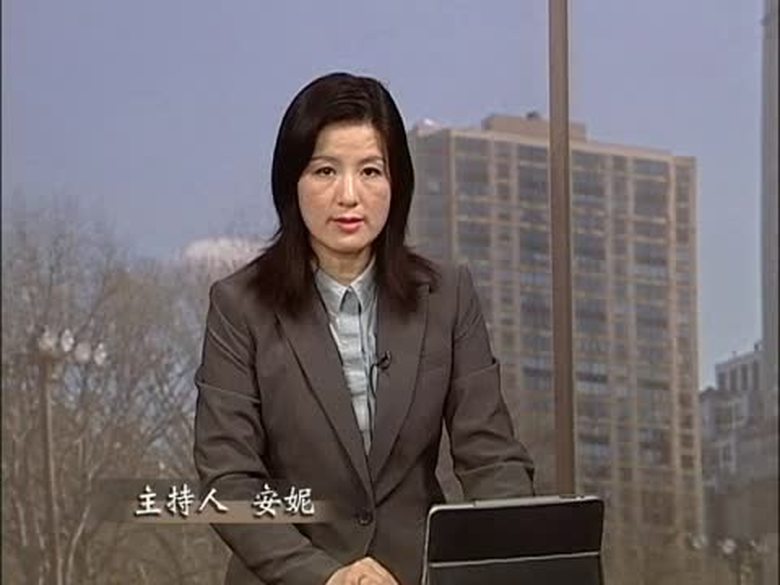
【禁聞論壇】中國政府神經錯亂了?
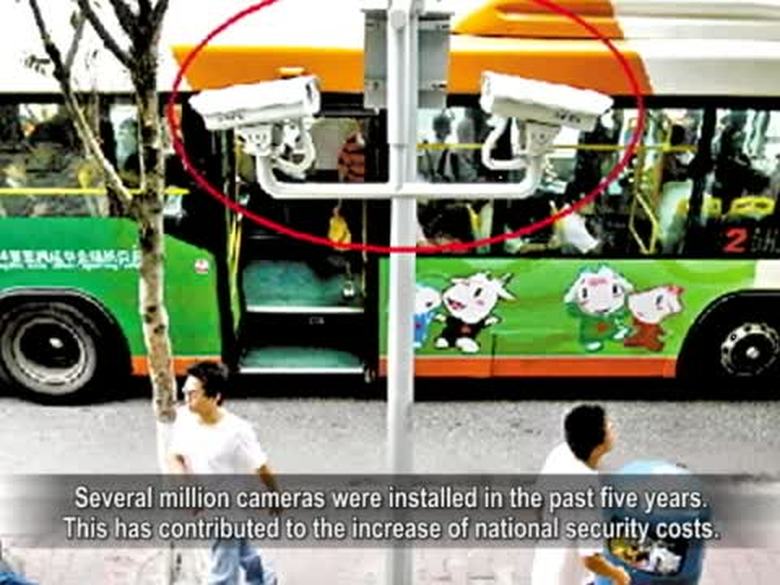
【禁聞】大陸加強監控眼 千億打造透明國
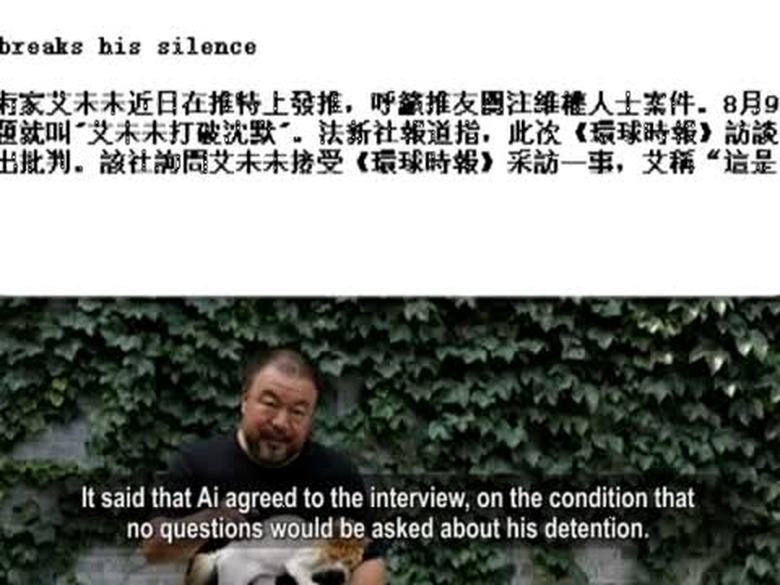
【禁聞】英文官媒訪艾未未 被指堵外國人嘴
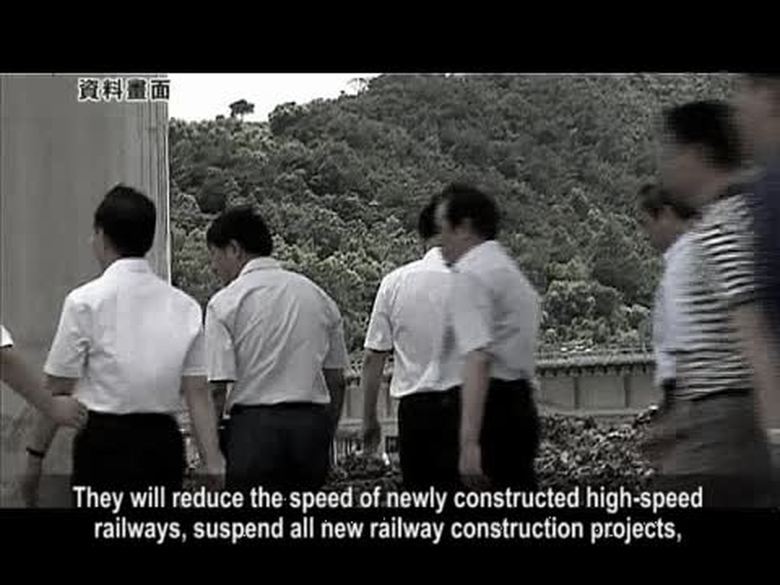
【禁聞】高鐵降速 動車事故禍首未解
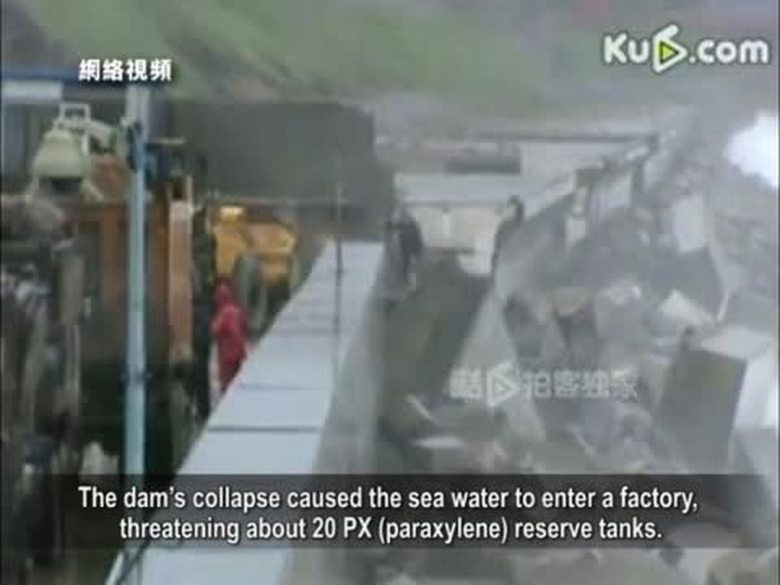
【禁聞】白岩松節目遭斃 夏德仁PX項目挨罵
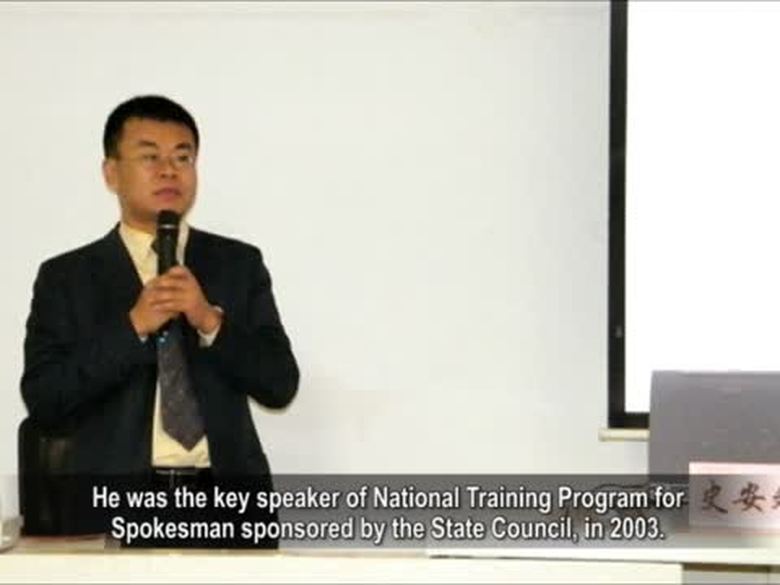
【禁聞】中共新聞發言人 走不出的尷尬處境

【禁聞】收入跑贏CPI 百姓大呼數據造假
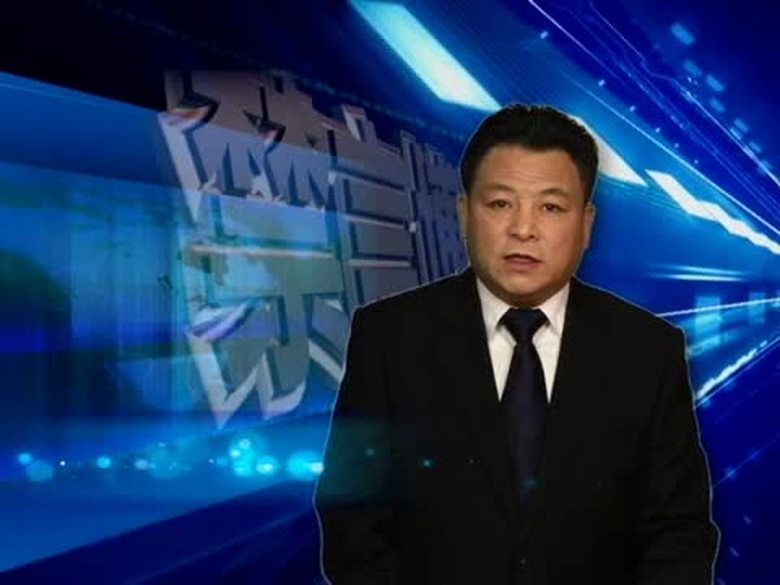
【禁言博客】「共和國的脊樑」─臨時工

【禁聞】從冉雲飛和北島 看中共多變手法
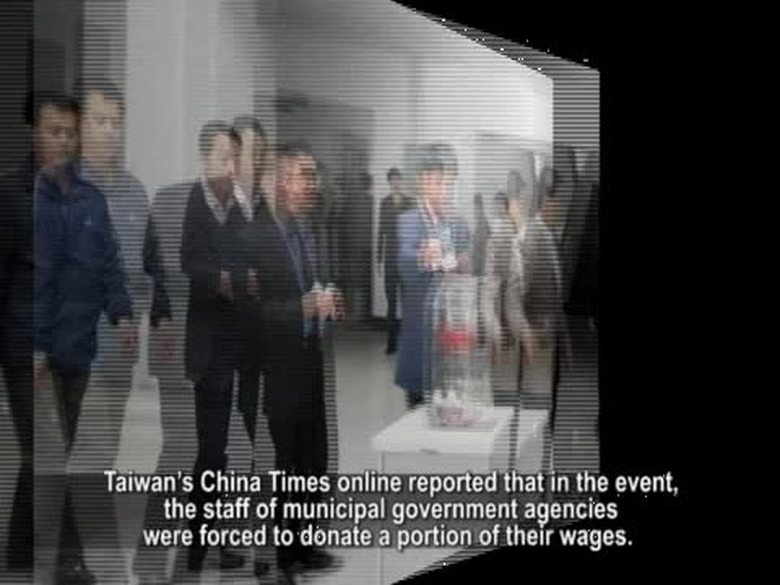
【禁聞】「博愛一日捐」 紅十字會曝「強捐」門
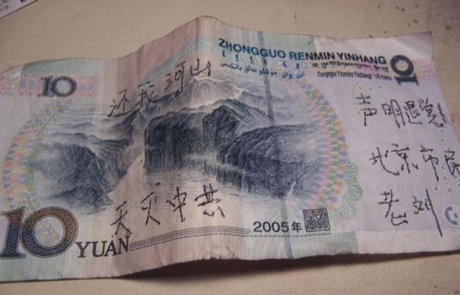
【禁聞】小小人民幣 傳遞大消息
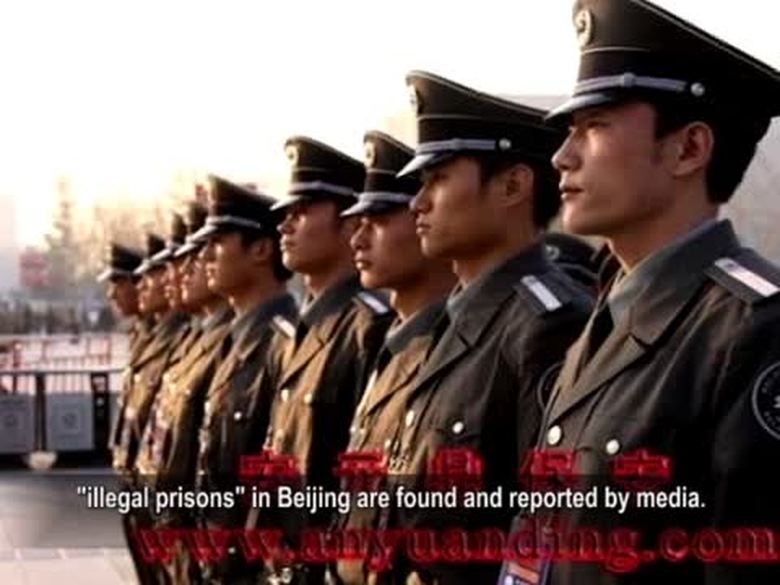
【禁聞】黑監獄猶在 訪民「冤遇」何時了?
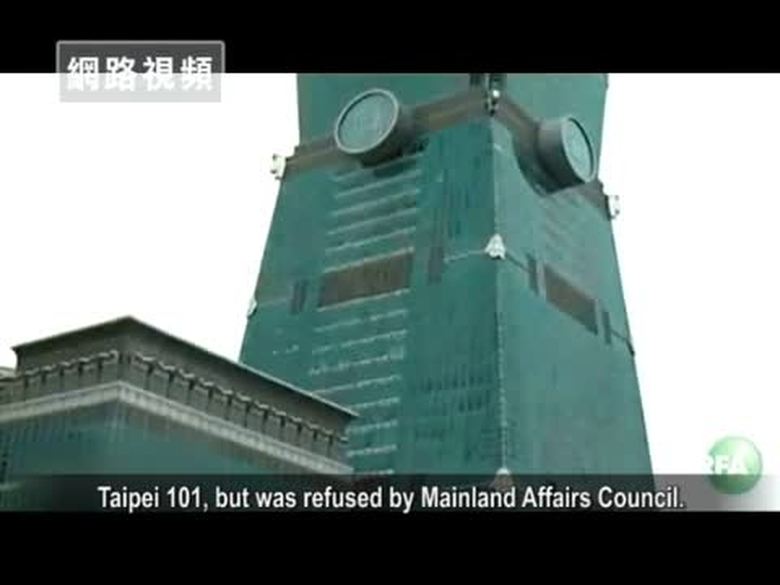
【禁聞】迷惑與哄騙? 中共在臺慾設新華社

【禁聞】柏林建牆50年 民衆堅信中共牆倒

【禁聞】英國騷亂與中國群體抗暴有何不同








